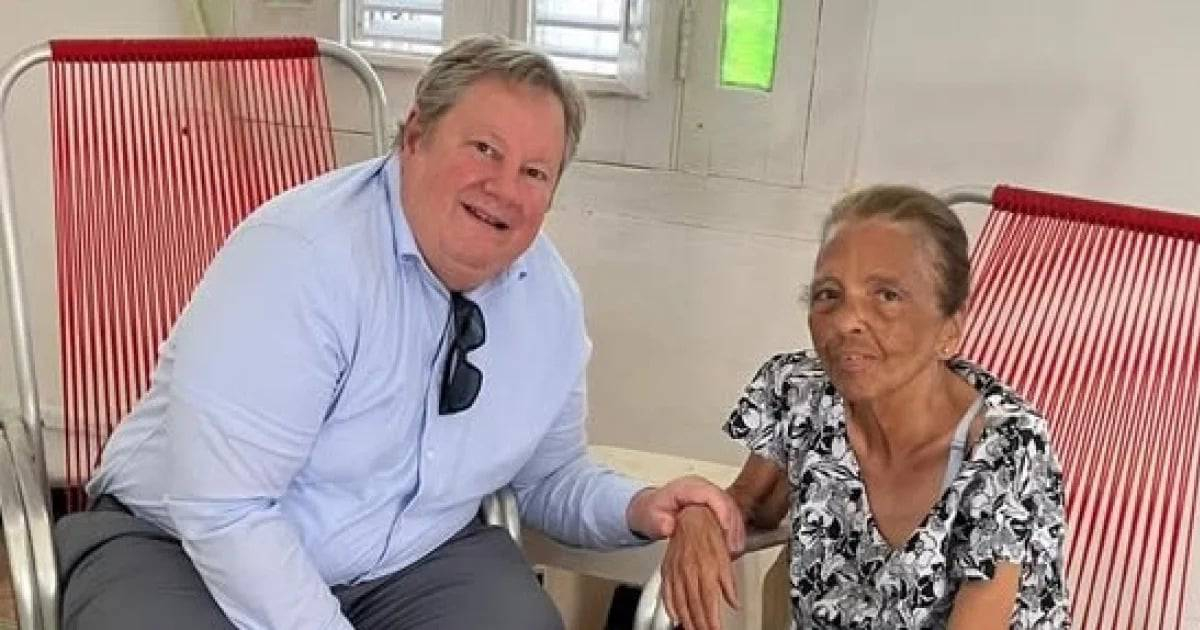
Related videos:
The Cuban regime has intensified its verbal attacks against Mike Hammer, head of the U.S. Diplomatic Mission in Havana, accusing him of promoting the “destabilization of the country” through his support for members of civil society, activists, independent journalists, and relatives of political prisoners.
Through channels aligned with the regime and posts on social media, Hammer is accused of acting as an "imperial envoy,” violating diplomatic protocols, and promoting an alleged “hybrid warfare” strategy against Cuba. He is linked, among others, to meetings held with José Daniel Ferrer, Berta Soler, and content creators.
Administration Council Plaza de la Revolución
Propaganda strategy: from denunciation to mobilization
The regime's narrative, previously addressed by the official medium Cubadebate, outlines a supposed phased strategy led by Hammer: media victimization of opponents, external economic pressure, and the promotion of cyber campaigns from the Cuban exile community.
Additionally, it revisits tags like #FueraHammer and #CubaNoSeVende, with the aim of provoking responses on social media from official structures.
In parallel, the dictatorship promotes the idea that the United States would be using Cuba to “discredit socialist models in Latin America” and clear the way for economic interests in strategic sectors such as biotechnology or tourism.
Reaction to diplomatic activism
Since his arrival in Havana in November 2024, Mike Hammer has maintained an active agenda of meetings with civil society actors, which has caused noticeable discomfort within the state apparatus. In recent months, the Ministry of Foreign Affairs of Cuba has summoned U.S. diplomats on three occasions to express its "strong protest" against what it considers acts of "interference."
At the same time, the Cuban government has used inflammatory rhetoric and unverified data to reinforce the narrative that the U.S. is funding opposition figures for destabilizing purposes, citing organizations like the NED (National Endowment for Democracy) or USAID as sources of foreign funding for figures like Soler or Ferrer, the latter of whom is once again unjustly imprisoned.
Context: deterioration of Cuba-U.S. relations.
The diplomatic confrontation occurs amid an already tense relationship between the two countries, characterized by Cuba's inclusion in the list of state sponsors of terrorism, the maintenance of the embargo, and an increasingly critical U.S. foreign policy regarding the regime's human rights record.
Meanwhile, Hammer has continued to publicly share his agenda on the island, including visits to political prisoners, religious temples, and civic spaces, which has been interpreted by the Cuban government as a direct provocation.
State Security detains opponents before meeting with the ambassador
The non-governmental organization Cubalex reported on a new wave of selective repression in Cuba, aimed at preventing activists and opposition members from meeting with the head of the U.S. diplomatic mission.
According to several publications on the social network X, between April 29 and May 19, arbitrary detentions, summonses, home surveillance, and communication restrictions against at least six members of independent civil society were documented.
Since his arrival on the island in November 2024, diplomat Mike Hammer has maintained an active schedule of meetings with opponents, journalists, religious leaders, and families of political prisoners, which he has documented on his social media.
Filed under: